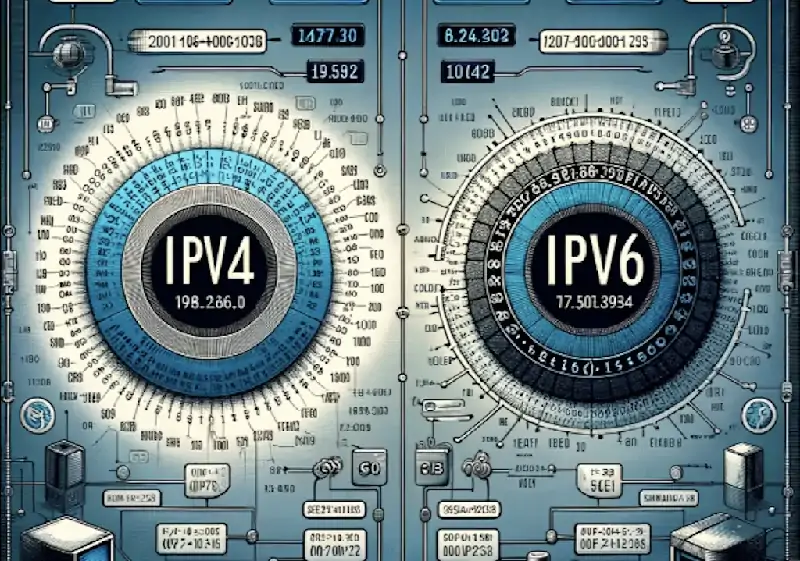- The Internet of Things, or IoT, realises high connectivity through the Internet and enables different devices to exchange information with each other.
- Recent years have seen a surge in IoT devices, resulting in new cases for network technologies.
- IoT opens up numerous benefits that span industries, communities, and individual experiences.
At present, with the development of intelligent systems, we can easily control home appliances such as lighting, air conditioning, and television remotely through our smartphones or voice assistants, enabling smart home management and control. We also have access to real-time traffic information, helping us plan our travel routes and reduce traffic congestion and time wastage.
All of these benefits are thanks to the development and application of the Internet of Things (IoT). Through the interconnectedness of various devices and sensors, IoT has enabled intelligent and automated functions, bringing convenience to our lives.
What is the Internet of Things?
IoT refers to the information sensing equipment, according to the agreed protocol, any object is connected to the network, the object through the information communication media information exchange and communication, in order to achieve intelligent identification, positioning, tracking, supervision, and other functions. In simple terms, IoT is to connect different things, such as home appliances, cars, and mobile phones, through the Internet, so that they can share information with each other.
Also read: How did the internet start?
More devices have connections to the network
IoT is mainly characterised by high connectivity. The 21st century has witnessed the development of the Internet, while until recently networking technologies have been largely restricted to connecting traditional end-user devices, such as mainframes, desktop computers as well as smartphones.
Recently, there has been the attachment of a much broader range of devices to the network, including vehicles, household appliances, medical devices, electric meters and controls and such digital assistants as Amazon Alexa and Google Home. It is estimated that the global IoT devices will expand to tens or even hundreds of billions by 2025. The increasing deployment of these devices has enabled the development of new use cases for network technologies.
Also read: What is the Internet Engineering Task Force (IETF)?
Benefits of the Internet of Things
Undoubtedly, IoT presents a myriad of benefits across industries, communities, and individual lifestyles.
From an individual standpoint, IoT offers unparalleled convenience. Smart home technology, powered by IoT, seamlessly adjusts environmental conditions and enhances security, ensuring comfort and safety for residents. Moreover, IoT aids in health monitoring; for instance, smartwatches track exercise data, while health devices monitor vital signs, facilitating improved health management.
On a community level, IoT fosters intelligence and sustainable practices. Communities leverage IoT for intelligent resource allocation; smart water meters optimise water usage, and automated waste bins boost recycling rates. Additionally, IoT enables proactive community safety measures through real-time monitoring and timely alerts via smart surveillance systems.
From an industrial perspective, IoT drives digital transformation and intelligent operations. It enables seamless device connectivity and data sharing, enhancing production efficiency and quality control. Furthermore, IoT revolutionises supply chains by ensuring transparency and traceability, leading to enhanced security and operational efficiency.
IoT is continuously evolving and extending its impact, showcasing increasingly evident and influential benefits. From transforming industries to enhancing convenience, safety, and connectivity in our daily routines, IoT holds the potential to redefine our lifestyles and work environments.









